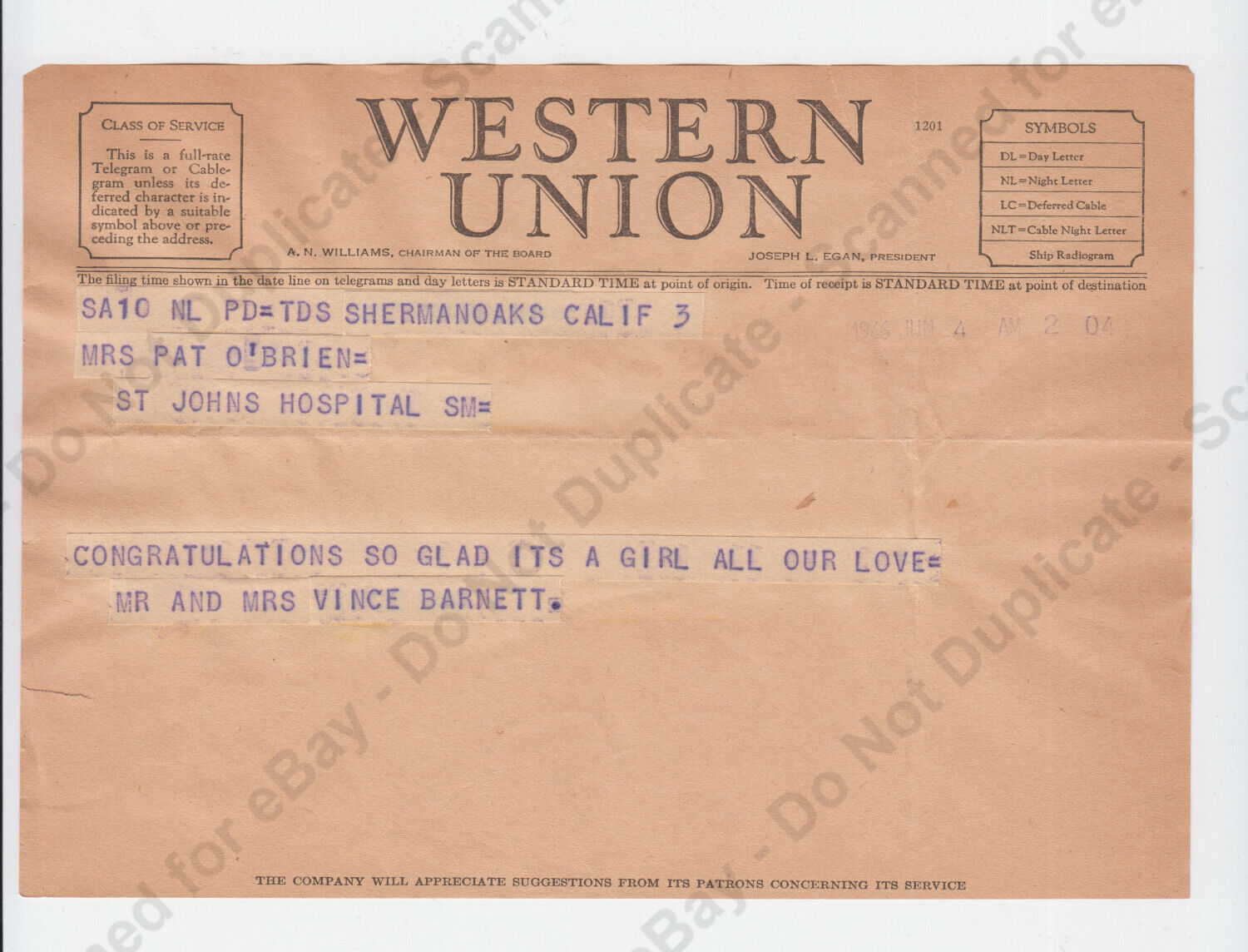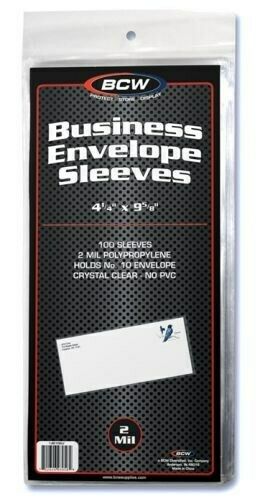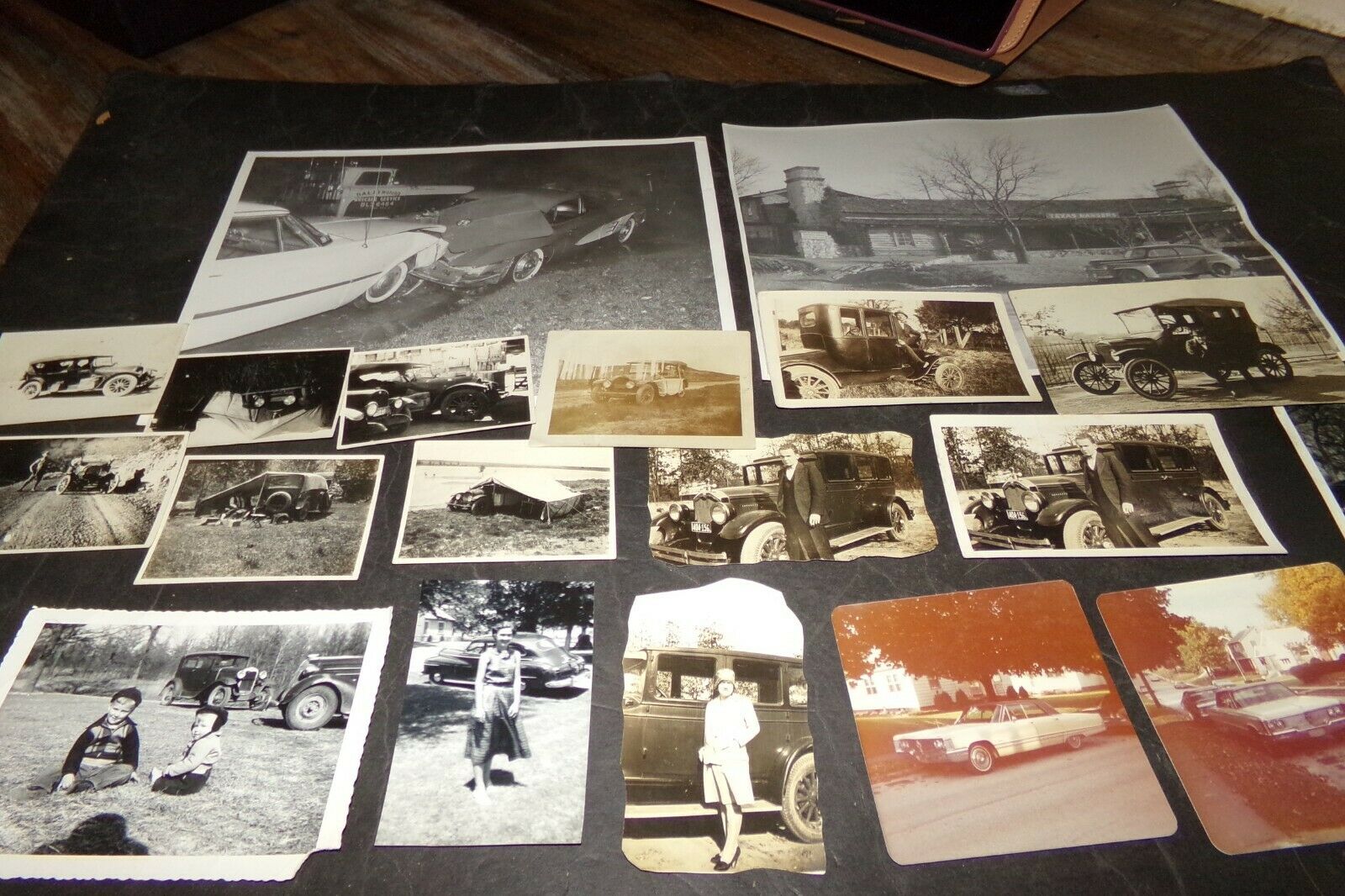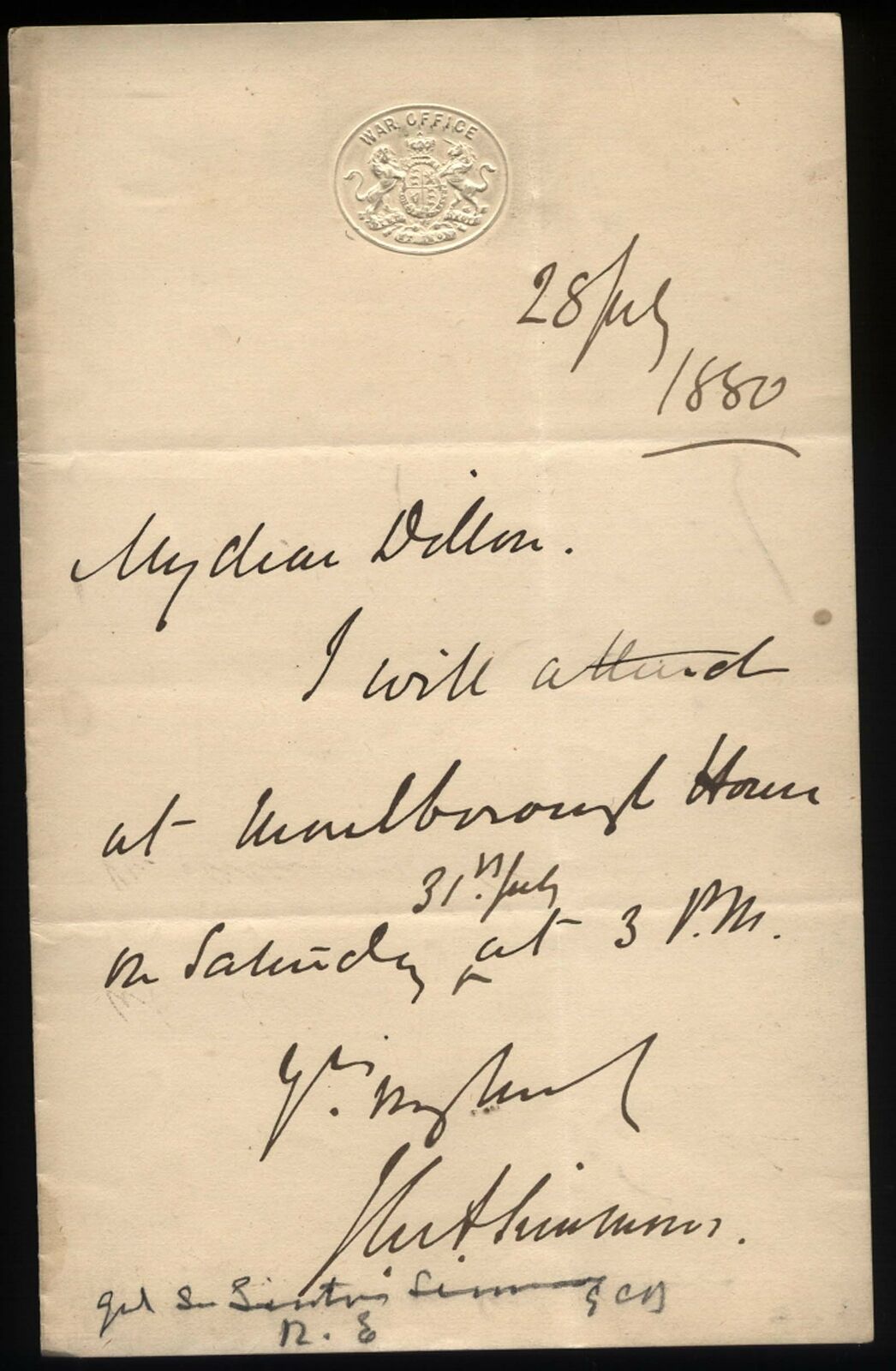-40%
Vince Barnett (actor, screenwriter, practical joker) Western Union telegram 1946
$ 10.55
- Description
- Size Guide
Description
Vince Barnett (actor, screenwriter, practical joker) Western Union telegram 1946Size: 8” X 5 ½” / Unique Characteristics: Date stamped “1946 JUN 4 PM 2 04” Signed “All our love / Mr and Mrs Vince Barnett.”
I've never believed in collecting for it's own sake. Collectors items should be shared and circulated. I grew up among my entertainment heroes of the Golden Age of Hollywood, and am now selling-off some of the treasures I accumulated as a fortunate young man in 1970s Tinsel Town.
The items I'm selling here have never been on the market before.
Vince Barnett
From Wikipedia, the free encyclopedia
Early years
Barnett was born July 4, 1902, in Pittsburgh, Pennsylvania, the son of Luke Barnett, a well-known comedian who specialized in insulting and pulling practical jokes on his audiences. (Luke's professional nickname was "Old Man Ribber" and "the King of Ribbing".)
Barnett graduated from Duquesne University Prep School and the Carnegie Institute of Technology. An avid amateur pilot, he flew mail planes for a couple of years Barnett appeared on Broadway in the 1926 edition of Earl Carroll's Vanities.
Practical jokes
A 1932 newspaper report noted that "Barnett for years [was] known in Hollywood as the 'professional ribber' -- appearing at banquets and parties as a paid 'insulter.'" He would insult the guests in a thick German accent, spill the soup, and drop the trays—all to the great delight of hosts who enjoyed watching their friends squirm and mutter "Who hired that jerk?" Wrote author Ephraim Katz, "Among the celebrated 'victims' of his practical jokes were President Franklin D. Roosevelt, Winston Churchill, George Bernard Shaw, Henry Ford, and Charles Lindbergh."
During the transition from silent films to sound, an employee at Metro-Goldwyn-Mayer hired Barnett to prank Louis B. Mayer. He impersonated a sound expert and went to a sound-stage under construction with Mayer, criticizing the construction and using double-talk to confuse him. He ended his evaluation by proclaiming the whole soundstage needed to be torn down, and Mayer was about to order it done before his co-workers revealed the prank. David Niven, in his 1975 memoir, recalled Barnett posing as an important German director at a testimonial banquet for Samuel Goldwyn. Barnett gave the guest of honor an uncomfortable time, announcing that Goldwyn hired actress Anna Sten only because he "wanted to get into her bloomers."
Film
Vince Barnett's initial involvement with Hollywood was as a screenwriter,[6] "writing screenplays for the two-reeler movies of the late 1920s."
He began appearing in films in 1930,[7] playing hundreds of comedy bits and supporting parts until retiring in 1975. Among his screen roles was the gangster "secretary" in Scarface. From 1930 Barnett appeared, usually as comedy relief, in films and on television in a career spanning 45 years. Among his early roles, apart from Scarface, were The Big Cage (1933), Thirty Day Princess (1934) and Princess O'Hara (1935). In later years, Barnett played straight character parts, often as careworn little men, undertakers, janitors, bartenders and drunks in pictures ranging from films noir (The Killers, 1946) to westerns (Springfield Rifle, 1952). He appeared in "B" comedies and mysteries: as gangsters in Petticoat Larceny (1943), Little Miss Broadway (1947), and Gas House Kids Go West (1947), and notably as Tom Conway's enthusiastic sidekick in The Falcon's Alibi (1946). After World War II, with the Hollywood studios making fewer films, Barnett became a familiar face on television.
Later years and death
In one of his last public appearances, Barnett showcased his unique brand of humor with a monologue, delivered at Madison Square Garden in the vaudeville revue The Big Show of 1936.
During the 1950s, Barnett had an eponymous restaurant in Santa Monica at 826 Wilshire Boulevard.
Barnett died of heart disease August 10, 1977, at Encino Hospital Medical Center. He was buried in Hollywood Forever Cemetery.







